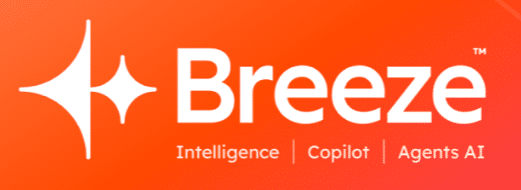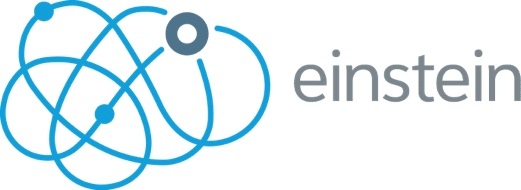Introduction
Let’s start with a quick reality check:
81% of sales professionals believe AI makes them more efficient by automating repetitive tasks.
Sounds like a game-changer, right? As a sales manager, you probably spent too much time juggling admin work and ensuring your team stays focused on what matters—closing deals. AI is here to lighten the load, helping your team work smarter, not harder.
In this guide, we’ll break down how AI acts as the ultimate tool belt for sales managers—streamlining lead generation, automating CRM tasks, and delivering jaw-droppingly accurate sales forecasts. By the end, you’ll have a clear roadmap to bring AI into your strategy and empower your team to hit those ambitious targets.
Understanding AI in Sales
What is AI in Sales?
We like to think of adding AI into your daily sales program as upgrading your team’s toolset from standard screwdrivers to a power drill. Both tools will achieve the same goal, but the power drill has alot more torque and speed to get the work done! Letting the AI tools use machine learning to analyze data, predict trends, and automate repetitive tasks gives your reps more time to focus on building relationships and closing deals.
Some AI tools that can support your sales team:
Why It Matters for Sales Teams
As a sales manager, you know that time is money. AI helps your team focus on high-impact activities instead of getting bogged down by admin tasks. Here’s why it’s a must-have:
- Lead prioritization: AI analyzes mountains of data to rank leads based on potential value, so your reps can spend time on the ones most likely to convert.
- Task automation: Reps often lose hours updating CRMs and sending follow-ups. AI handles these tasks, freeing up time for selling.
- Data-driven decisions: AI provides insights that help you guide your team strategically, like a GPS directing you to your revenue goals.
Key AI Tools and Their Functions
1. Lead Scoring and Prioritization
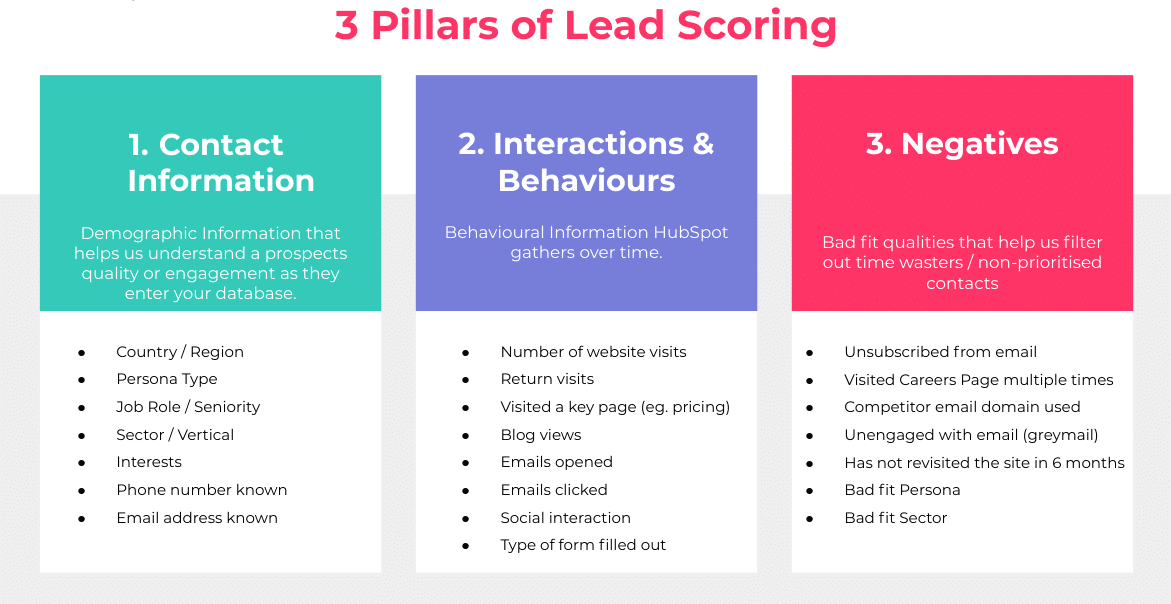
Imagine your team focusing only on the leads most likely to close. AI tools analyze behavior and data to rank leads by conversion potential, taking the guesswork out of the equation.
2. Personalization and Outreach Automation
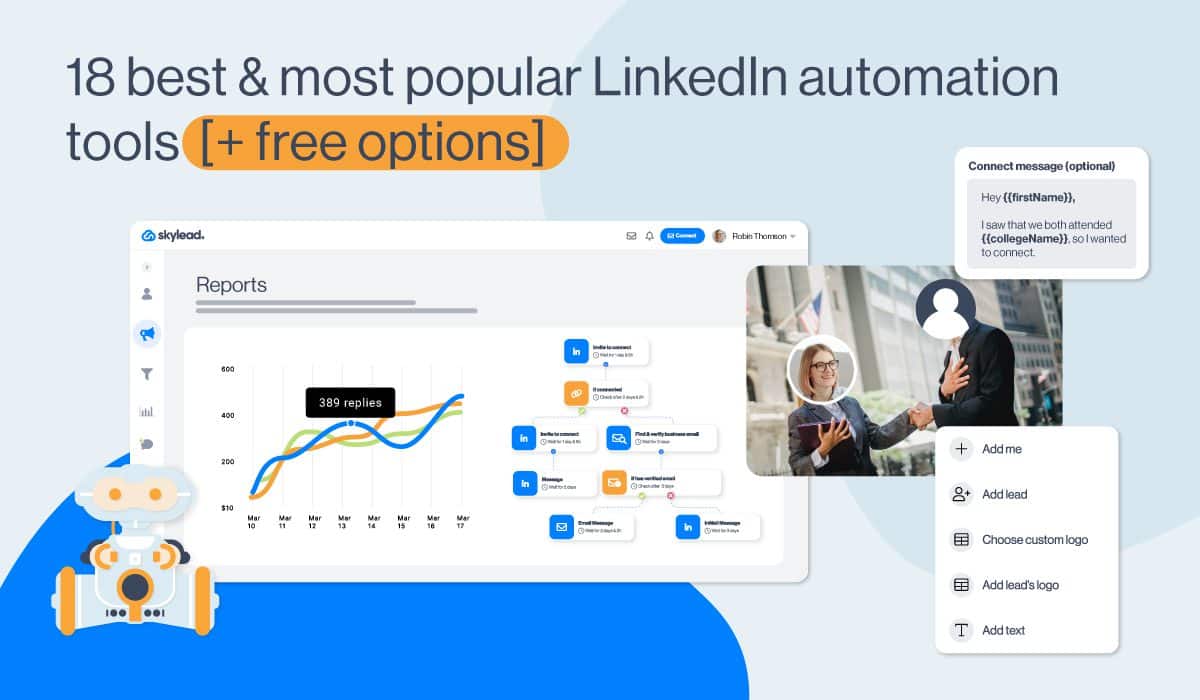
How many times have your reps asked for better ways to personalize their outreach? AI crafts tailored messages, sequences, and follow-ups that resonate with prospects. It’s like having a 24/7 assistant to ensure your team stays relevant and impactful.
3. CRM Automation and Data Management
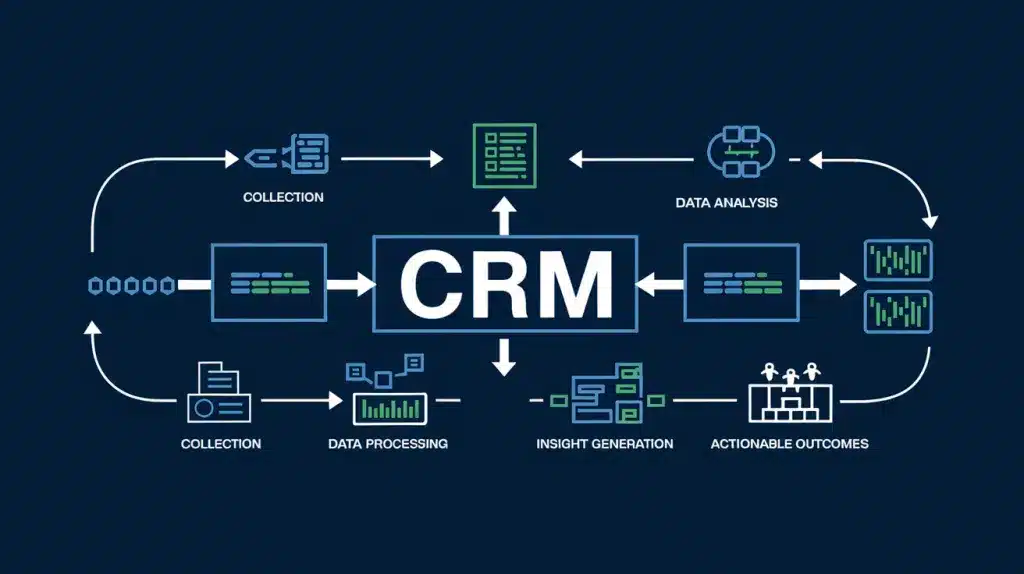
Let’s face it—no one loves manual data entry. AI transforms this chore by syncing data automatically from emails, meetings, and interactions, ensuring your CRM stays updated without consuming your reps’ time.
4. Sales Forecasting and Insights
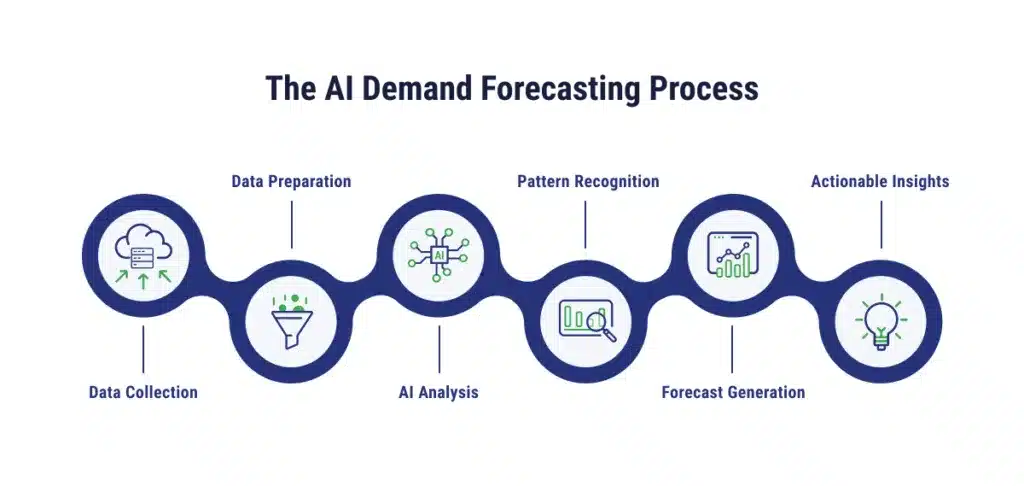
Every sales manager dreams of a crystal ball for their pipeline. AI delivers this by analyzing historical data to forecast trends, helping you allocate resources and guide your team toward hitting goals.
Step-by-Step: Implementing AI for Your Sales Team
Assess Your Team’s Needs
Start by identifying your team’s biggest pain points. Are reps struggling to convert leads? Is manual data entry slowing them down? Pinpointing these challenges helps you choose the AI tools that will make the biggest impact.
Think of AI tools like additions to your team’s toolkit. You need solutions that fit your processes,
Think of AI tools like additions to your team’s toolkit. You need solutions that fit your processes, integrate seamlessly, and deliver measurable ROI. Compare features, integration options, and costs to make an informed choice.
Visual Idea: A comparison table showcasing top AI tools, their standout features, and pricing tiers.
Onboard Your Team
To ensure success, you’ll need buy-in from your team. Host training sessions, share easy-to-follow guides, and highlight quick wins. Showing how these tools simplify their workflow will encourage adoption.
Measure Impact and Adjust
Set clear benchmarks to track success. Are conversion rates improving? Are reps saving time on admin tasks? Use these metrics to fine-tune your approach and maximize results.
Overcoming Common Challenges
Adoption Resistance
Getting everyone on board with new tools isn’t always easy. Address resistance by showcasing quick wins, sharing success stories, and emphasizing how AI reduces busywork.
Data Privacy Concerns
Your team might have questions about data security, and that’s valid. Reassure them by choosing tools that comply with standards like GDPR or SOC 2. Transparency is key to building trust.
Integration with Existing Systems
To ensure success, you’ll need buy-in from your team. Host training sessions, share easy-to-follow guides, and highlight quick wins. Showing how these tools simplify their workflow will encourage adoption.
Measure Impact and Adjust
Choose AI solutions that work seamlessly with your current tech stack, whether it’s your CRM, email platform, or analytics software. The smoother the integration, the faster your team sees results.
Conclusion
As a sales manager, you have the power to revolutionize your team’s performance with AI. By automating repetitive tasks, prioritizing leads, and offering data-driven insights, AI helps your reps work smarter and close more deals. Ready to lead the charge? Assess your team’s needs, pick the right tools, and start transforming your sales strategy today.
Call to Action: Download our free checklist to evaluate your sales process and explore top AI tools to supercharge your team’s performance!

